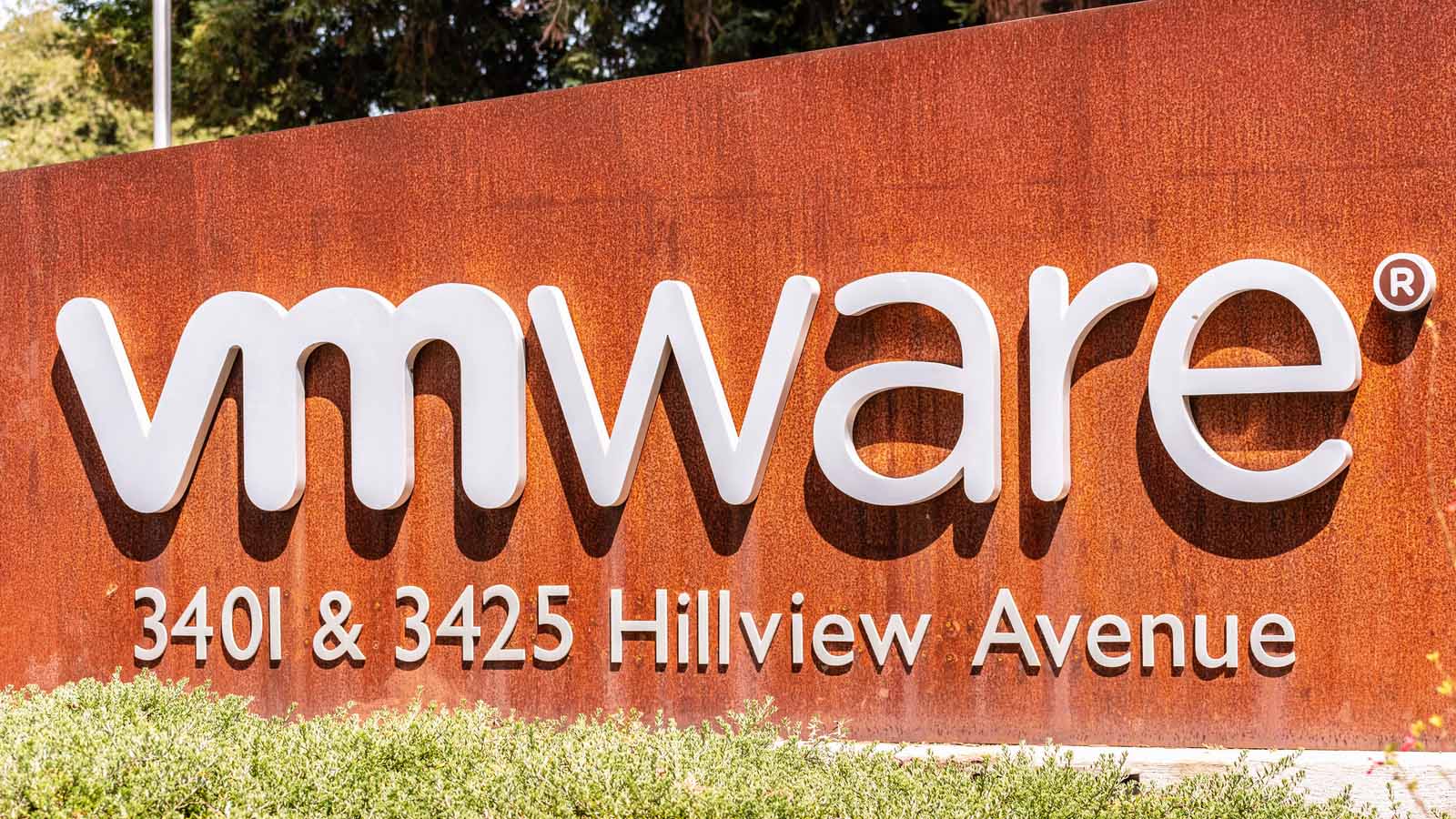Looking at the fallout of virtualization and cloud-computing service provider VMware (NYSE:VMW) from afar — and without any skin in the game — I believe its shares are suffering from poor timing.
In recent years, the company has been emphasizing virtualization less and cloud computing more. Under ordinary circumstances, Wall Street may have extended some patience to VMware stock.
Of course, we aren’t living through ordinary circumstances. As the coronavirus from China crosses international borders at a breakneck pace, many investors have suddenly soured on the record-shattering bull market. Devolving headlines don’t help matters either: California declared a state of emergency following its first death due to the disease.
Now, I’m not pinning the blame on the virus for the volatility of VMware stock. But given the fear that has rippled throughout the markets, investors are in no mood for risky growth names. As such, VMW’s mixed fourth-quarter earnings report was not what the doctor ordered.
Sure, the company rang up $3.07 billion in revenue, exceeding covering analysts’ consensus estimate of $2.95 billion. The latest sales tally represents an 11% lift from the year-ago quarter.
However, the earnings picture is where VMware stock absorbed the pain. Management could only muster $2.05 per diluted share, which fell short of analysts’ target of $2.17.
To my InvestorPlace colleague Dana Blankenhorn’s point, VMW has made key acquisitions to support its cloud transition, including the $2.7 billion purchase of Pivotal Software. At any other time, Wall Street would understand why earnings came up short.
Unfortunately, broader market jitters disincentivize speculative bets in favor of high-quality names, if people are interested in equities at all.
Spooked Environment Leaves VMware Stock Out in the Cold
As many of my colleagues have pointed out, VMW is seemingly one of the most undervalued technology plays. With enterprises shifting from on-premise solutions — which VMware dominated via its vSphere virtualization software — to the cloud, management has made the necessary (though initially expensive) acquisitive decisions.
Further, as InvestorPlace’s Mark R. Hake, CFA, notes, VMware stock is cheap when you consider its implied free cash flow yield of 7.5%:
“Other tech stocks like ServiceNow (NYSE:NOW) are much more expensive. Its FCF yield is 1.6%. Another competitor Arista Networks (NYSE:ANET) has a more expensive 6.4% FCF yield on a last 12 months (LTM) basis.”
In his balanced story of VMW, Vince Martin, another InvestorPlace contributor suggested that it has a viable upside narrative, especially at these kinds of deflated prices (his article is from December). As a tech bet, you can certainly do a whole lot worse.
But this wishy-washy sentiment is exactly what the Street doesn’t want. Gold, which hasn’t been relevant for many years, is suddenly a hot commodity (despite its own turbulence). That right there is evidence of a transitioning mindset from risk-on to risk-off.
With VMware stock, the current context makes this investment a double-edged sword. First, shares are prone to the broader threat of a global recession. Second, VMW is undergoing its own transition, from its core business model to one that is heavily contested with behemoths like Amazon (NASDAQ:AMZN) and Microsoft (NASDAQ:MSFT).
Here, I think prospective buyers should take a step back and consider the calculus of the situation. The coronavirus is already a huge variable. Do you also want to add the variable of a corporate transition, one that might not pan out?
Wall Street Is Speaking Loud and Clear
Don’t get me wrong: I’m not bashing VMW. Admittedly, my colleagues’ arguments have made me rethink my own skepticism. Heck, I might even switch over if we didn’t have a such a dark cloud hanging over us.
But we do. And no matter how much we cry about the volatility in VMware stock being irrational, the markets have spoken. I find it telling that now-strange bedfellow IBM (NYSE:IBM) — which, despite a longstanding intercompany partnership, is essentially a competitor to VMW — is currently trading just above parity for the year. Contrast that to VMware, which has sunk over 18% during the same timeframe.
I can’t say that I’m surprised. Big Blue is making big inroads with cloud computing, and it has enterprise-level synergies to back up its ambitions. Just as importantly, IBM pays a dividend while VMW does not. In fact, VMW’s interests are more aligned with that of Dell Technologies (NASDAQ:DELL), which owns an 81% stake in VMware.
Again, that’s something that investors can look over when time are good. But in this pressured environment, it’s another variable that perhaps most folks just don’t want to deal with.
A former senior business analyst for Sony Electronics, Josh Enomoto has helped broker major contracts with Fortune Global 500 companies. Over the past several years, he has delivered unique, critical insights for the investment markets, as well as various other industries including legal, construction management, and healthcare. As of this writing, he is long gold bullion.

